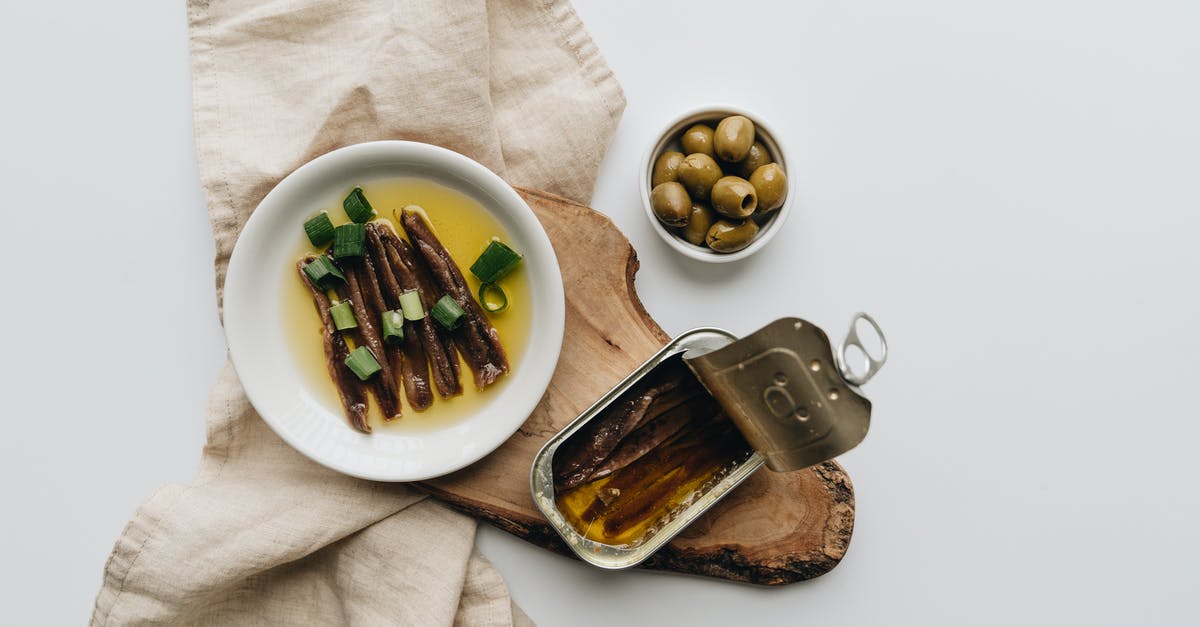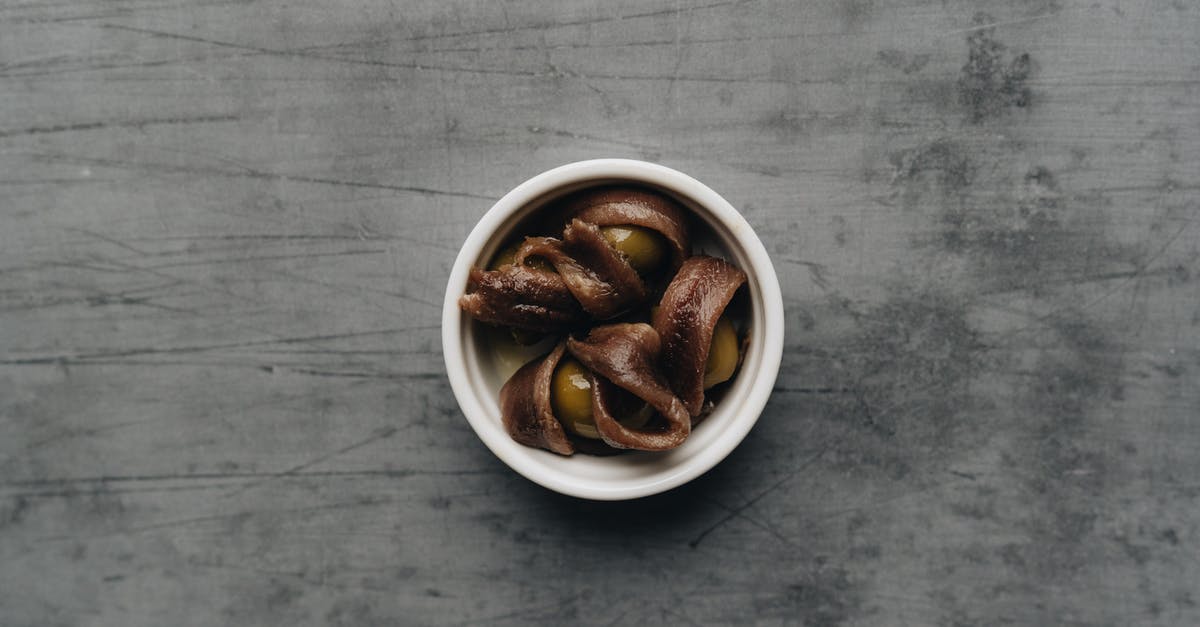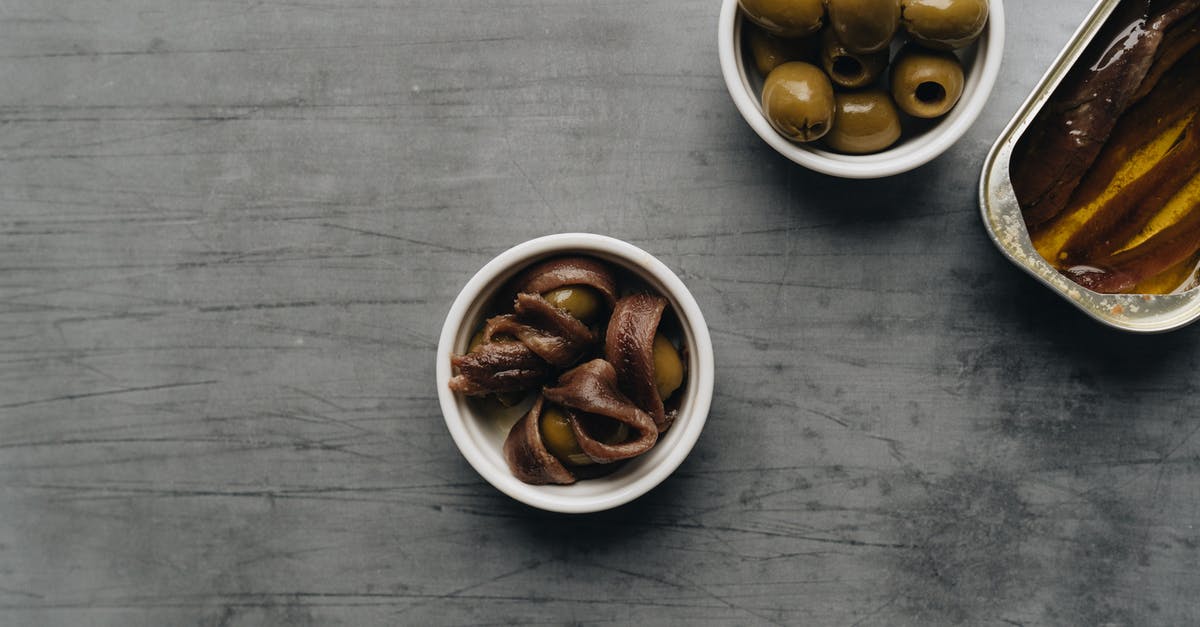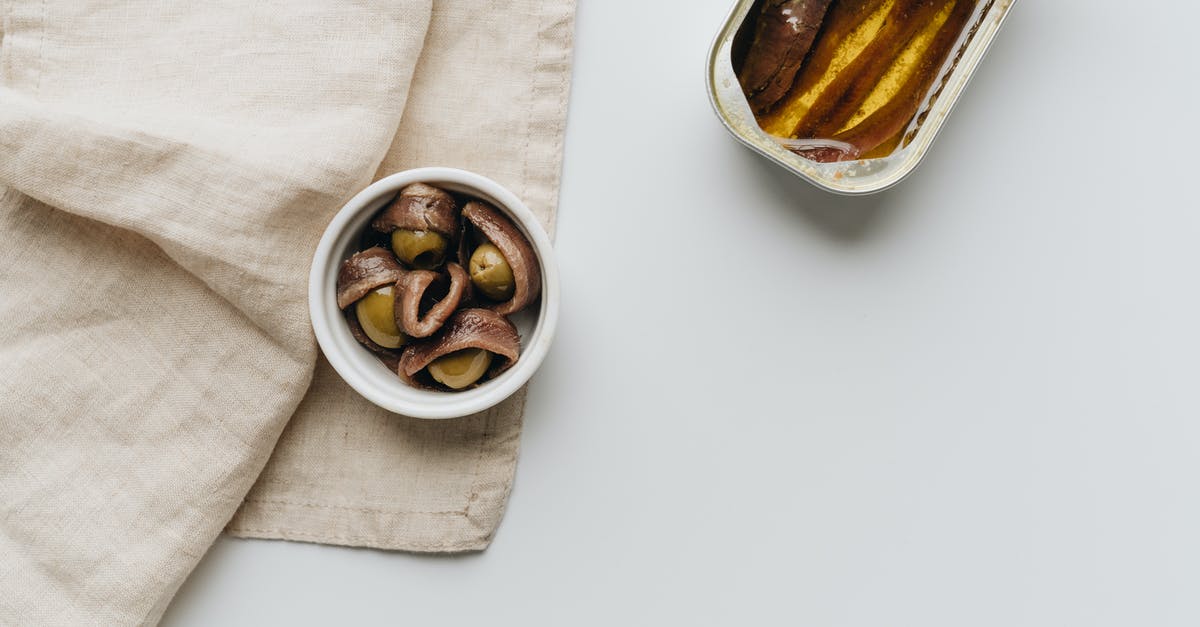Cryoconcentration, can you do it yourself?

I'm looking to concentrate freshly pressed apple juice. In order keep the apple-freshness I would very much like to avoid heating up the juice.
Does anyone have experience with cryoconcentration, is it possible to do yourself?
I was thinking about putting the juice in the freezer while constantly stirring it (using a magnetic stirrer), and once in awhile strain away the ice crystals and hopefully reduce it by half.
Is it possible to do? Any pointers would be highly appreciated.
Best Answer
This worked for me as an experiment in freeze concentration (of plums) and freeze distillation (of a lemon juice/vodka mix). It is not fast.
Remove the pith, stem, seeds, and the rest from the fruit you want to use. If you want to extract with alcohol, add full-strength vodka now, at about 50/50 ratio with the fruit.
Blend it
Freeze in a strong plastic bag, preferably inside a bowl, until it is solid. Twenty four hours should be good but the longer the better to grow the ice crystals
Break it up into a crystalline slurry with a hammer whilst still in the plastic bag (but not in the bowl, of course. This is why the bag needs to be quite robust. Fruit juice does not freeze as hard as water so 'slurrifying' is easier than you would think.
Put the crushed slurry in a sieve, over a bowl and put in the fridge to thaw slowly. Doing it in the fridge is important because you want the whole thing to thaw very slowly and evenly
Leave it until you judge the extract to be about the right strength.
If you are just concentrating fruit juice, it is up to your judgement how long you leave it to 'melt', depending on how strong you want the resulting syrup. A lot of fruits are around 10% sugar so you can get a strong syrup by taking syrup equivalent to about 1/5 of the original (sugar recovery is not complete but I judged it to be pretty efficient because the remaining ice had only slight sweetness).
If you added vodka, it will tell you when it is ready because the melt pauses for a few hours after the alcohol is through but before the water starts to melt. The alcohol will collect all of the flavour chemicals and a lot of the sugars. I did it with lemons (including the zest in the blend). The result was a super-intense liquor.
I do not know what possible value such a labour-intensive method is, but it produces a very clean essence (no heating, you see) and I enjoyed the experiment when my wife was away and could not object. If you try it, please tell me how you get on.
Pictures about "Cryoconcentration, can you do it yourself?"



Probably the “Coolest” Technique to Date- Creating Fruit Concentrates
More answers regarding cryoconcentration, can you do it yourself?
Answer 2
Yes, you can do it yourself: People have done this to concentrate alcohol, and other water contaminants, at least as far back as the middle ages. Example:
Fractional freezing -- "jacking" in old parlance -- has a long history in the United States. The beverage applejack was produced using this method by first fermenting apple juice into hard apple cider. Then barrels of this cider were left outside during the winter and the connoisseur would occasionally fish out the frozen chunks of water, leaving an ever-concentrated batch of hard alcohol behind. At some point in the 20-25 percent ABV range, the liquor would stop freezing at ambient temperatures and the booze was ready to consume as "Jersey Lightning." It was also used as currency.
Wikipedia has a short piece on fractional freezing, but you're better off looking into use by home brewers; ignoring the alcohol part of the equation of course. Generally stirring is not required. You just let the liquid partially freeze, then pull out the ice chunks. The result is relatively pure water ice, and concentrated juice of whatever you started with. Obviously, you can repeat the process several times to end up with a stronger juice. As the phase diagram in link 1 shows, a -20° (-4°F) will get you alcohol up to 30%. Bear in mind that the fractionation isn't perfect, and some compounds tend to freeze along with the ice more than others.
The existence of Applejack suggests that your apple juice concentration scheme will work. I'd just not bother with the stirplate.
Answer 3
The original question asks about freezing apple juice to concentrate it. I can answer it as I have done it easily at home with unpasteurized cider. It works quite easily. How I did it was to just remove a little cider from the plastic 1gal jug and place it in the freezer for a couple days. After frozen I just took off the lid, set it upside down in a clean container like a large margarine tub and moved it to the fridge. The concentrated juice starts to melt first leaving the ice behind. Empty the tub occasionally. I typically concentrated to about 1/3 the original volume which I then used to make a very sweet and high alcohol ice wine. If I were to do it again I likely wouldn't concentrate it quite as much as it was a bit sweeter than I would like.
Apple jack is a different animal. I haven't tried that yet.
Answer 4
Apple juice or cider (unfermented) is fundamentally a sugar solution. As is any fruit juice.
Water does, indeed, freeze out of solution first, leaving a more concentrated sugar solution. Having partially-frozen plastic jugs of cider inadvertently, what pours off is definitely concentrated (and what's left in the jug after the ice melts is then rather weak, assuming you leave the ice in the jug; which is normal, since getting all the ice out of a jug with a narrow mouth is difficult.)
I've never done this with cider deliberately, but I have LOTS of experience with another sugar solution which is often subject to freezing - maple sap. And you can very definitely increase the sweetness (concentration of non-water components) of the remaining liquid by freezing it. It's inefficient (you lose some sugar when removing the ice) but it does work. Due to the loss of sugar that is rarely used as the means of concentrating maple sap, but it's often seen/tasted when buckets of sap freeze, or when freezing sap to keep the storage container of sap cold until you are done boiling.
Sources: Stack Exchange - This article follows the attribution requirements of Stack Exchange and is licensed under CC BY-SA 3.0.
